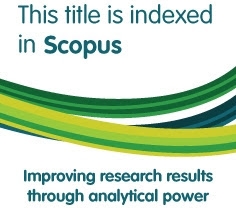Indonesia’s Democratic Venture: History, Practice and the Challenge Ahead
Abstract
This article discusses the democratic transition in Indonesia since 1998 until the end of the brief leadership of President Habibie, including previous analysis of the history and practice of democracy in Indonesia since 1945. The transfer of power from Soeharto to Habibie happened on May 21, 1998. In the 18 months of his leadership, Habibie was able to carry out important efforts in setting a foundation for democratic transition. Public freedom, freedom of the press, freedom of expression, and free speech were among Habibie’s achievements in opening the way for the process of democratization to continue. In the midst of the threat of the country’s collapse during that transition period, Habibie was relatively well able to defend the integrity of the Indonesian nation-state. His successors gained advantage from what had been put in place by Habibie. However, they have faced a number of problems, such as the procedural biases within democratic practice, incompatibility of presidential governance with the presence of many political parties, and gaps between the structure and function of high state institutions.
Full Text:
PDFDOI: https://doi.org/10.15408/sdi.v19i3.356 Abstract - 0 PDF - 0
Refbacks
- There are currently no refbacks.

All publication by Studia Islamika are licensed under a Creative Commons Attribution-NonCommercial 4.0 International License.
Studia Islamika, ISSN: 0215-0492, e-ISSN: 2355-6145
View My Stats
